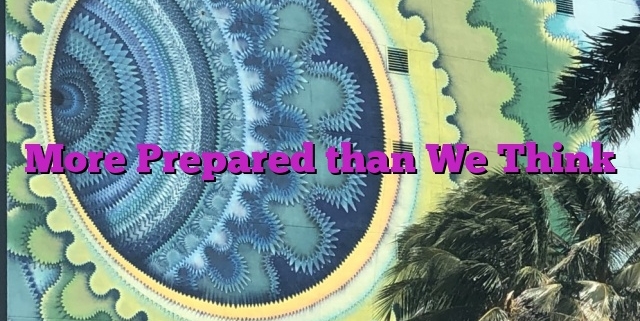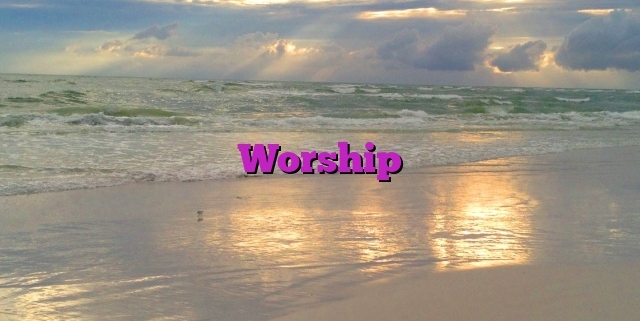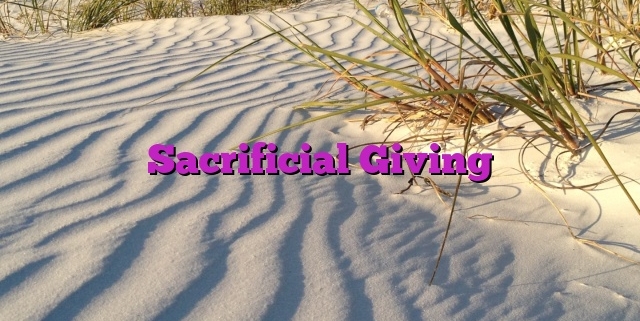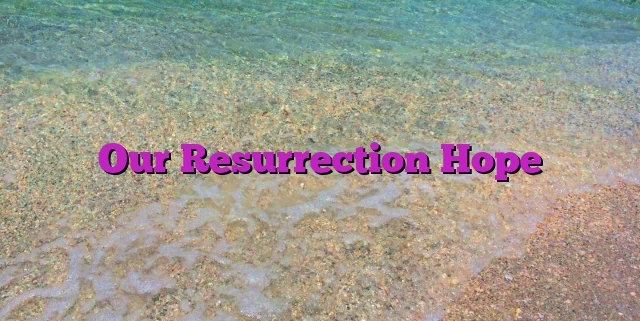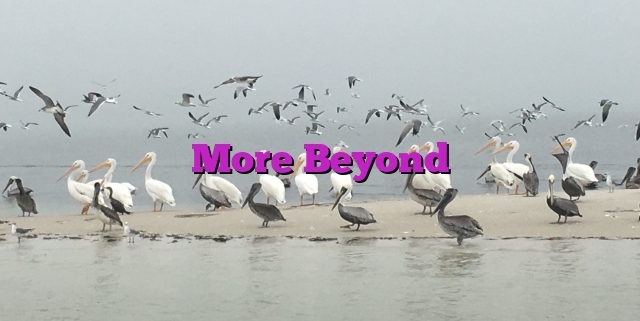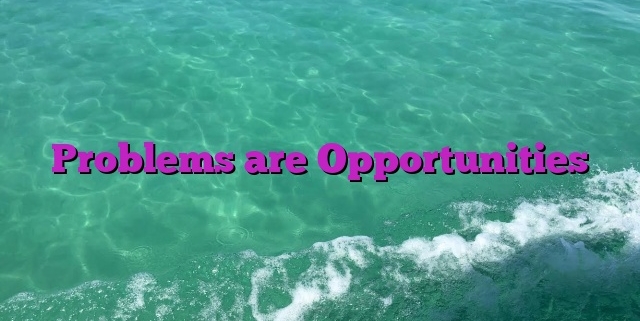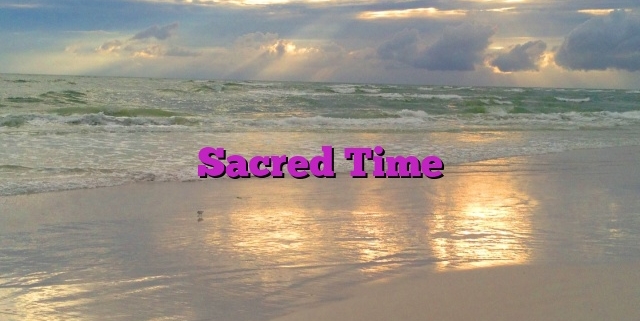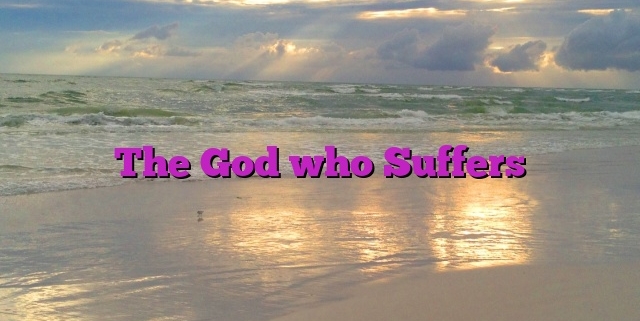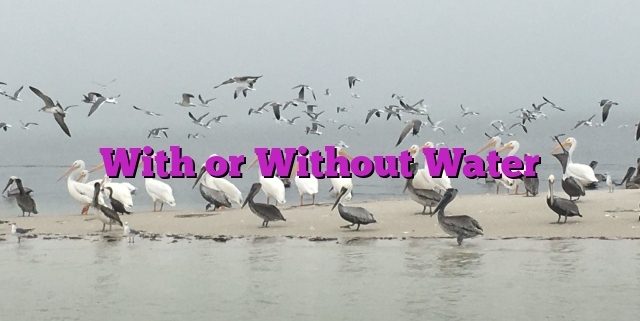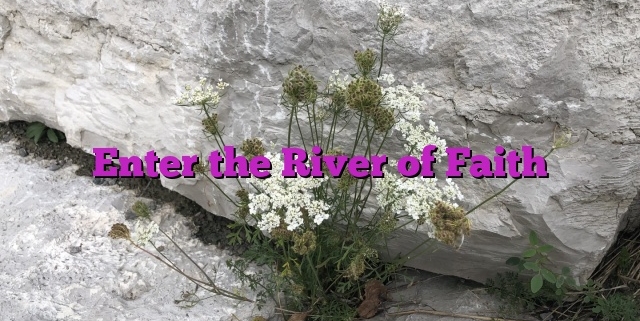More Prepared than We Think
In a recent theological journal, Austin Seminary professor David White tells the story of Le Chambon, a little village in southern France.
“One day in 1942, during World War II, two buses of French police pulled into this village to round up Jews who were given refuge there. The police captain gathered everyone into the village square, and warned the Protestant pastor, Andre Troche, that if he did not give up the names of the Jews the village had been sheltering, he… as well as the families who had been caring for them, would be arrested.
“The pastor refused. And after a thorough and frightening search, the police could find only one Jew. They loaded him into an otherwise empty bus. But before they drove off, a thirteen-year-old boy, the son of the pastor, passed a piece of his precious chocolate through the window to the prisoner, while twenty soldiers guarding the lone prisoner stood by and watched. Then the rest of the villagers began passing their little gifts through the window until there were gifts all around him – most of it was food… which was also precious in those hungry days of the German occupation of France.”
Apparently, over the course of just a few years, this small village gave protection, shelter, and food to more than 5,000 Jews fleeing the Nazis. These acts of kindness were done at great risk and at considerable cost.
But how did this village rise to this occasion?
David White draws on another scholar named Craig Dykstra who claims that it was the ordinary practices of worship and faith that shaped the ethos of this community. He believed that without even realizing it, they were being trained in habits of generosity and hospitality, welcoming each other into their homes, and providing shelter for travelers, and food for the sick. These rituals had somehow prepared the folks in this village to answer that knock at their door with steely resolve.
As Christians, we’ve long had these rituals… We retell these stories. Bread is broken. Sins forgiven… The cup is shared. Grace is extended. Could it be that these stories, these acts, seep into our bones – without us even realizing it? Could it be in part, that we are long cultivating habits; habits of forgiving, habits of giving, habits of serving others, habits of eating with those and loving those with whom we disagree?
Now I have no idea, honestly, how we would respond if faced with the same terrifying situation as that of the people of Le Chambon. I’m sure other faithful people at that time did not respond so valiantly. But I do believe that through our worship and shared practices, something deeper is happening with us. And perhaps, just perhaps, when it comes to facing the heartache, the betrayal, and the injustice of this world, perhaps… we are more prepared than we think.
Let us pray: We ask loving God, that you continue to shape our lives in such a way that we live with courage, conviction, and love; through Jesus Christ. Amen.

